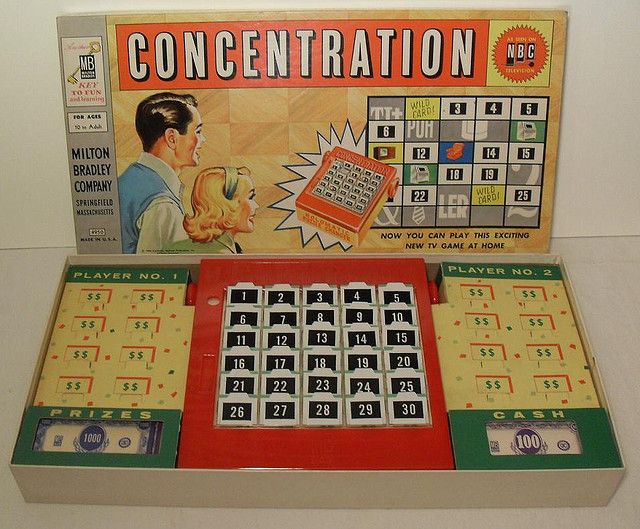Today, many people worldwide stare at screens all day and sometimes play video games. However, people are now spending more time indoors playing board games. Some people believe that board games are a waste of time, but they can actually be quite beneficial. Here’s how board games can be helpful to you.
Board games can benefit you in many ways, but let’s start with how they impact your brain. First, critical thinking skills. Board games can be challenging, either because the game itself is tough or because the people you’re playing with are competitive. As a result, you need to strategize and think critically to win the game.
Second, memory and coordination. Memory is one of the most important functions of the brain, helping you remember things and even recognize who you are. Board games can improve your memory by challenging you to recall cards or pieces that others have, or by remembering where certain pieces are placed in the game, like in a matching or card game. Board games also help with coordination by requiring you to move pieces into specific spots or positions.
Finally, many board games include an element of luck or chance, which can train your brain to respond to unpredictable situations. For example, someone might draw the rarest card in the deck and win the game, prompting you to react quickly and strategize to prevent them from winning. This helps improve your reaction time and adaptability. So, board games can enhance your cognitive skills!
Board games may also help prevent Alzheimer’s and dementia. Let me explain: Board games can improve cognitive function, which may help reduce the risk of developing dementia or Alzheimer’s disease. However, it’s important to note that these conditions can still occur despite playing board games. Nonetheless, board games keep your brain active and engaged, which can help improve memory, focus, and overall brain health.

























